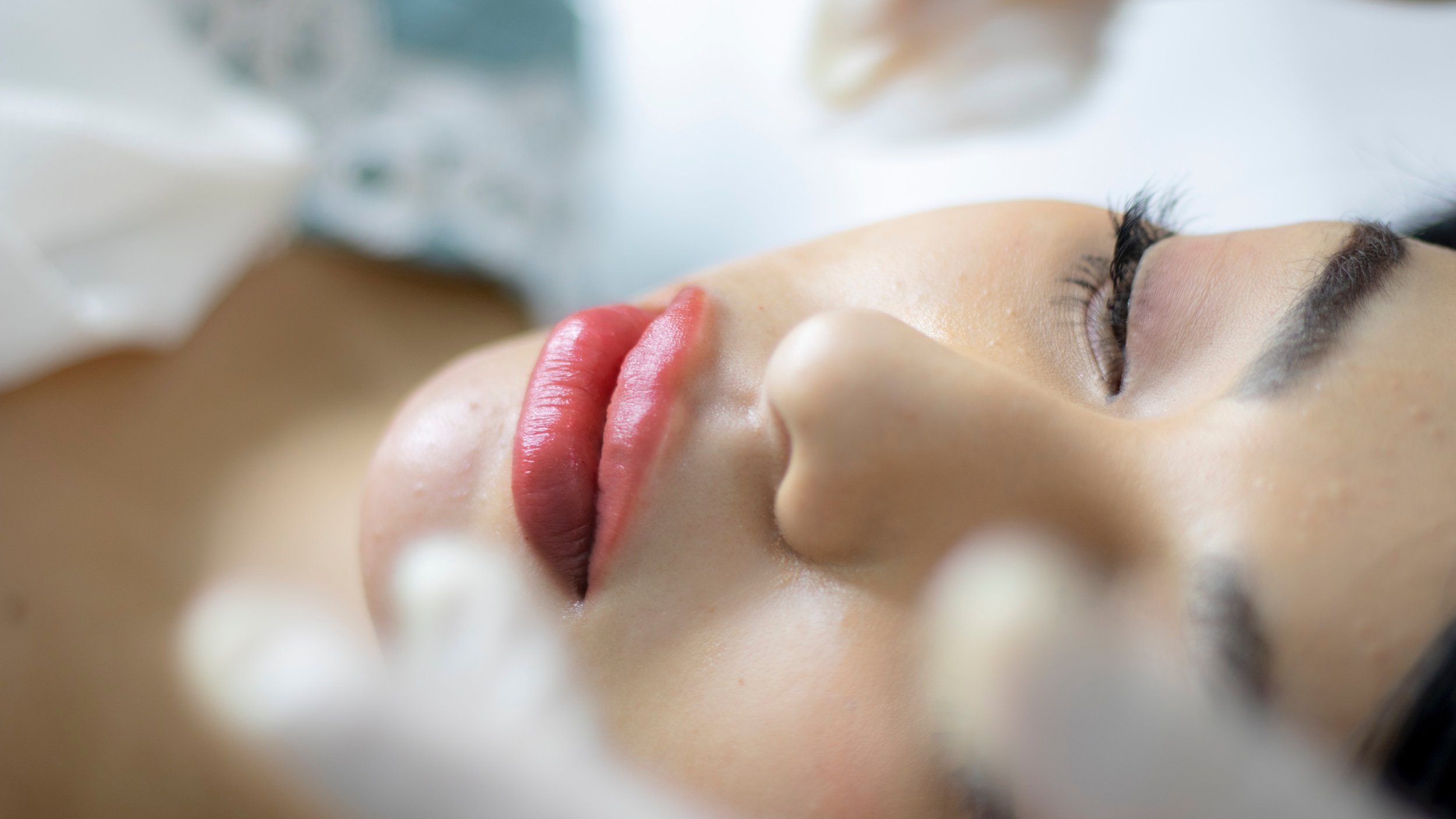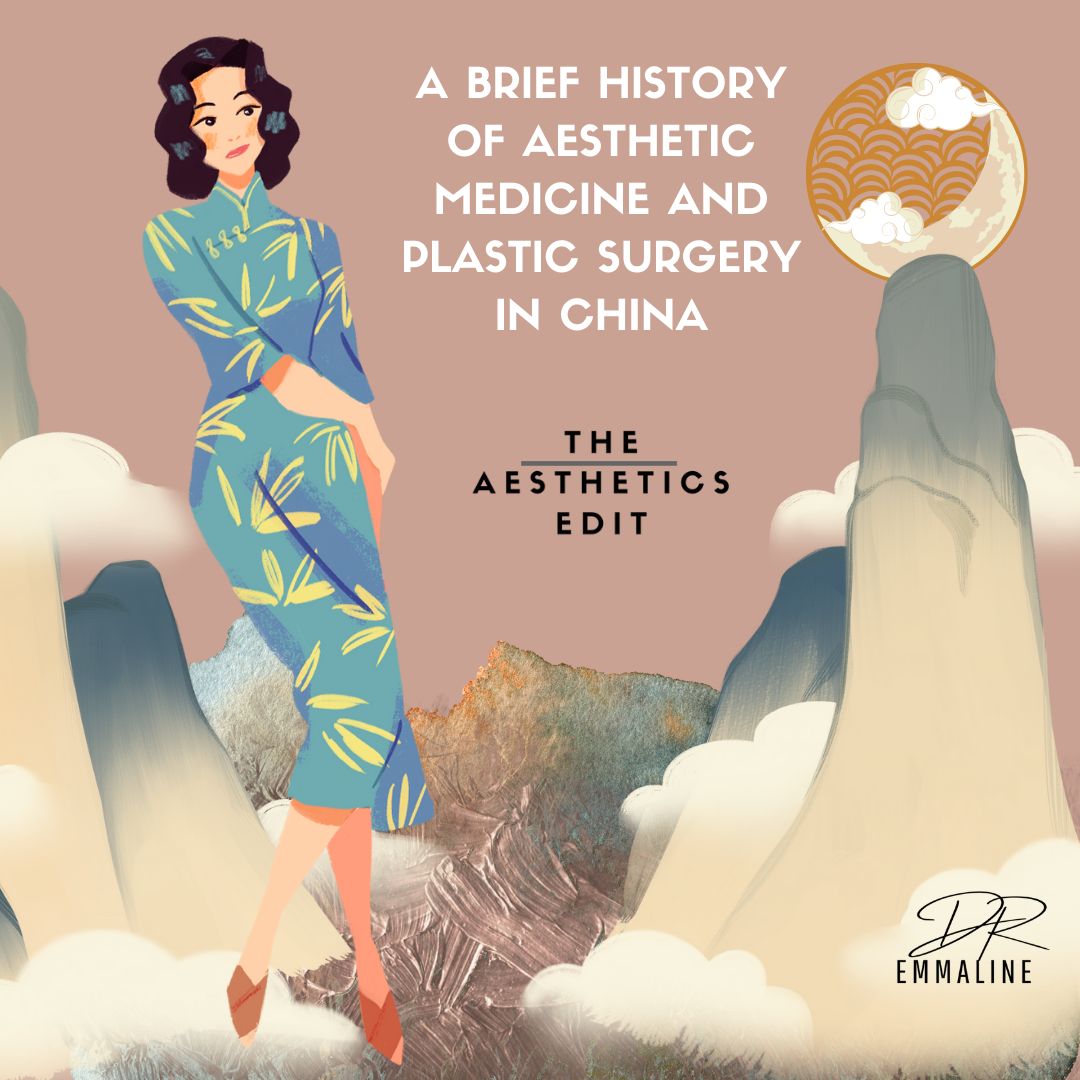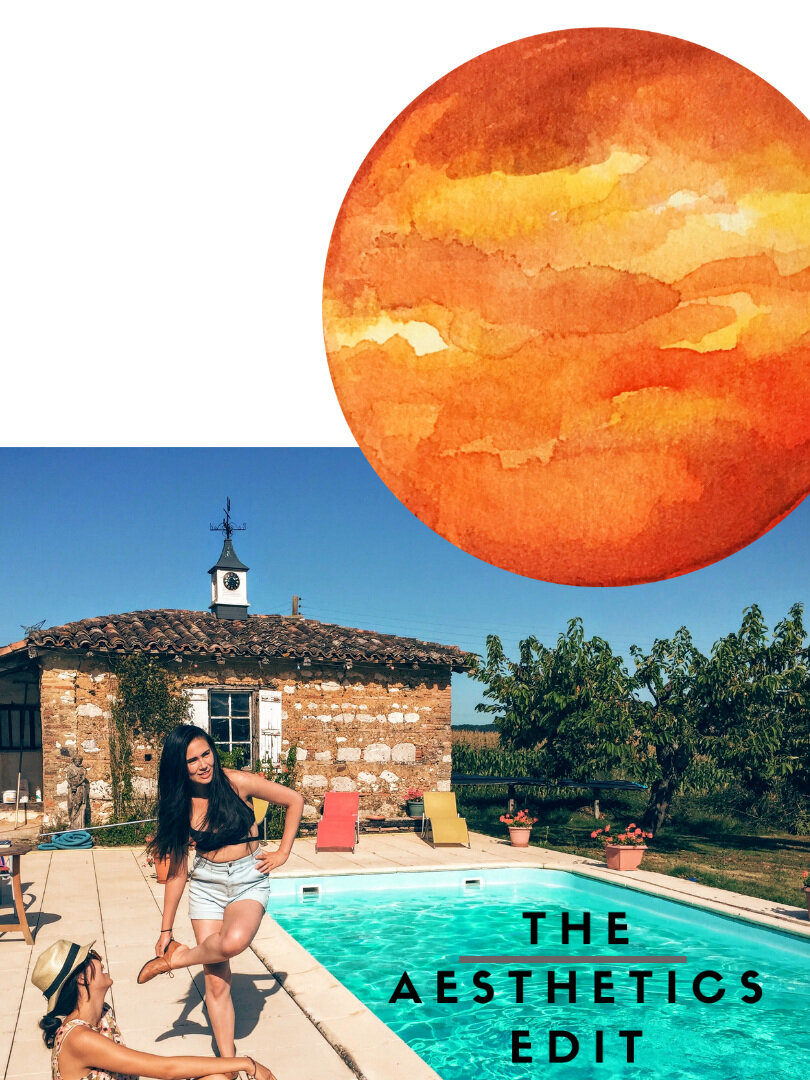
Welcome to The Aesthetics Edit™ - our educational platform at the intersection of art, beauty, medicine and science.
Explore by category and read our latest articles below,
or see a full list of all of our pieces here

Eternal Beauty: Exploring the Aesthetic Concepts That Stand the Test of Time
Certain timeless aesthetic trends continue to inspire and influence us. These enduring trends have remained popular throughout history and continue to shape the way we think about beauty today. They are good guiding principles when you start treatment planning for any patient.
In this article, we will explore some of the aesthetic trends that stand the test of time.

Why Aesthetics Should be Medical, NOT a Beauty Trend
It shouldn’t be complicated or controversial to say that a medical specialty should be medical. Unfortunately, in this case, it sometimes is.
Aesthetic medicine is exactly that - a medical specialty. Unfortunately, lack of regulation in the UK has trivialised this specialty, and while it clearly is related to beauty, it is vitally important that it is understood to be completely distinct and separate from beauty. Medical aesthetics treatments are NOT beauty treatments.
Beauty treatments, make-up, fashion - these all follow trends that are influenced by place, time, and culture.
Medical treatments should not be based on trends.

Feminism and Cosmetic Medicine
Are feminism and cosmetic medicine mutually exclusive concepts? Does having an interest in aesthetics involve tangling ourselves into knots to try reconcile two fundamentally opposed ideas? Are we shrinking ourselves to match society’s concepts of beauty and youth because (somehow) we don’t know any better?
I’m going to say the answer is, “No.”
Now let’s look at why.

Unproven? Things About Botulinum Toxin That Even Doctors Get Wrong
There are a few often-quoted “facts” or assumptions around botulinum toxin that are actually currently unproven. But, even more surprising, these are potential misconceptions that persist even amongst fellow clinicians. I wanted to share some of the most fascinating with you!
This article is aimed at other cosmetic clinicians, but contains information that anyone who is interested in medical aesthetics might find enlightening!

A Brief History of Aesthetic Medicine and Plastic Surgery in China
Ideals of beauty and approaches to aesthetic medicine vary across time and across the world. But make no mistake, the pursuit of youth and beauty has always been a fundamental part of being human.
We explored this concept broadly in our article about the history of aesthetic medicine, but for this piece I wanted to focus on a place close to my heart: Asia. I am half-Chinese, and was lucky enough to grow up with plenty of Chinese culture through my mother and my grandparents. I was also interested to look at the history of plastic surgery and aesthetic medicine in this part of the world, particularly as plastic surgery is now booming in countries like South Korea and China.
So let’s explore a brief history of aesthetic medicine and plastic surgery in China.

The Beautiful History of Aesthetic Medicine
The desire to improve our appearance and to pursue a certain ideal of beauty has existed for as long as human history has been recorded. As I’ve written before, the history of aesthetic medicine is firmly ensconced in the history of plastic surgery, so you will find traces of that throughout this article.
Join us for a wonderful, whirlwind tour through the history of aesthetic medicine - from the ancient world to the modern day.

5 Completely Unexpected Reasons I Fell in Love with Aesthetic Medicine
It’s no secret at this point that I am incredibly passionate about medical aesthetics. But what began as an off-shoot of my interest in plastic surgery has grown into the favourite and most treasured aspect of my medical practice. But when I think about what parts of it I’ve fallen in love with, the answers surprised me.

The Problem with the “Wellness” Industry
Aesthetic medicine and concepts of wellness tend to go hand-in-hand, and that is something that I personally love. But more and more, it’s also something that I have seen as inherently dangerous as well - something that can breed pseudoscience, and where selling and marketing are prioritised over patient health.
This rhetoric that some of these companies have somehow discovered a secret that big pharma and greedy doctors don’t want you to know is is toxic and damaging. The issue is with this constant chipping away at professionals, at education, at research. Let me be clear - the messaging can be really dangerous and really unethical.

Hair in Cosmetic Medicine
Aesthetic medicine as a field encompasses so many things. In New Zealand, this specialty is called “Appearance Medicine,” and when you think of appearance the first things that comes to mind are probably your skin, teeth, and hair.
Beyond its biological functions, hair plays such an important role in both our psychology and well-being, as well as in how we perceive others socially.
So let’s learn some of the basic biology behind our hair to see how amazing it is, and explore the world of hair in cosmetic medicine.

Ethics in Aesthetic Medicine
This article is geared towards other medical professionals, and is a brief reflection on the ethics of cosmetic medicine, through the guiding four principles of medical ethics.
Understanding aesthetic medicine in relation to its ethical context begins with appreciating the complexity inherent within it.

The Top Online Resources When You’re Starting in Aesthetic Medicine
Are you thinking about branching into the world of private aesthetic medicine, and not sure where to start? You’re not alone.
Because the aesthetics industry in the UK is highly unregulated, and as there are no clear-cut training pathways, it can be difficult to know where to begin. After all, even though (sadly) the rules aren’t strict, we still have obligations as medical professionals to adhere to our own strict standards and professionalism.
While nothing beats hands-on training and practical skills, this also has to be backed up by knowledge. And not only by knowledge of the science, anatomy, and medicine behind aesthetics, but also of the industry and business as a whole.
To that end, I’ve put together some of the resources that I found the most helpful when I started my aesthetics journey - and still use again and again!

Why People Love to Hate Aesthetic Medicine
I come from a surgical background, and as much as I love it - it’s not always the most healthy environment. I have seen so many stunning female surgeons be chased out of the field - it’s sad, heartbreaking, shouldn’t happen - But also it’s the reality.
Here’s the beautiful thing about aesthetic medicine. It is the most female-centric, inclusive specialty I’ve ever come across. This doesn’t just apply to the medics. It is kind, it is inclusive, and it is non-judgmental.
We don’t judge our patients.
We don’t judge each other.
We just support, mentor, nourish, and work so so hard to do our best.

Why I got Botox in my 20s: A Nurse Explains Why She Loves Injectables
Hannah is a clinical nurse in a busy city hospital. She is young, a smart and savvy working professional, naturally gorgeous with beautiful skin, and has an extensive medical background. And guess what? She has had - and loves - Botox. Get the story from a medical professional as she explains why she got Botox in her 20s.

What is Medical-Grade Skincare, and is it Actually Better?
What is medical-grade skincare? And is it really better?
The answer is a lot more complicated than you think!
Get the facts and some myth-busting from an aesthetic doctor.

What is “Medical Aesthetics?”
Broadly speaking, medical aesthetics includes all medical treatments that are focused on improving the cosmetic appearance of patients. Medical aesthetics sits in a beautiful little niche in between the beauty industry and plastic surgery. Qualified doctors, nurses, or dentists can provide a multitude of stunning tweak-ments to improve your appearance.











The concept of “Instagram face” is not a new one, but has received more recent attention as Meta has banned filters that encourage plastic surgery. Awareness of the role that social media and photo editing plays in aesthetic medicine is incredibly important for both clinicians and patients. The influence of social media can be incredibly negative, and it means it’s more important than ever to navigate between good, ethical medical practice versus “selling” cosmetic procedures.